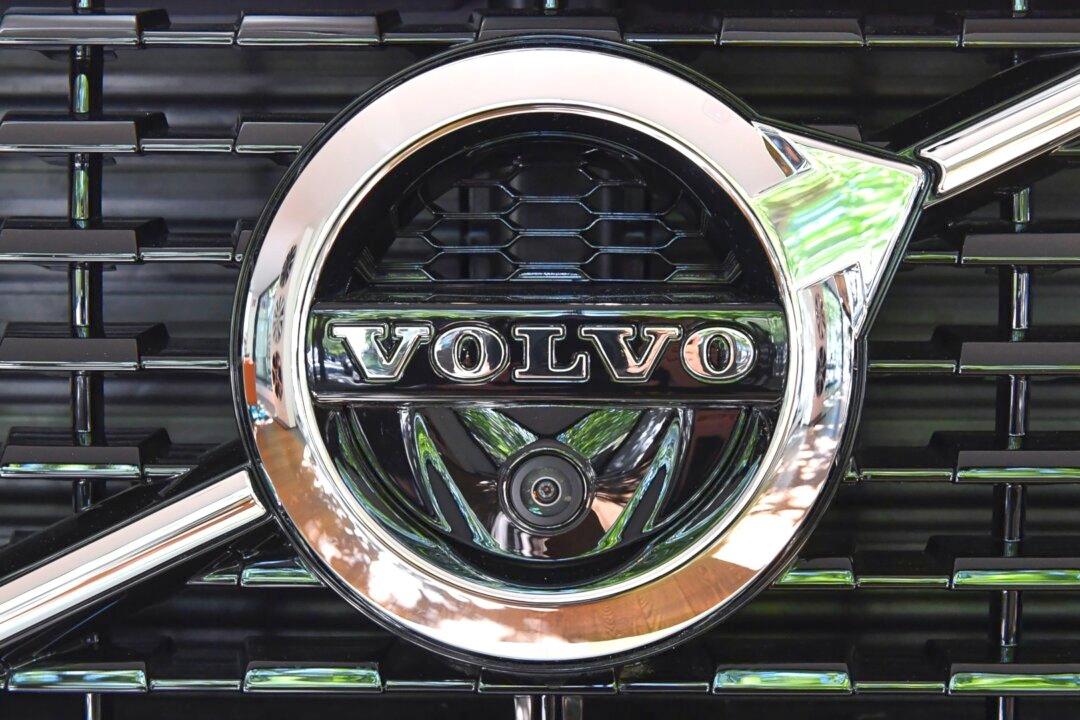STOCKHOLM—Sweden’s AB Volvo beat third-quarter core earnings expectations on Thursday, boosted by strong demand for its trucks even as lingering chip shortages hampered production.
Shortages of components and freight capacity had resulted in production disruptions and increased costs, Volvo said in a statement.





